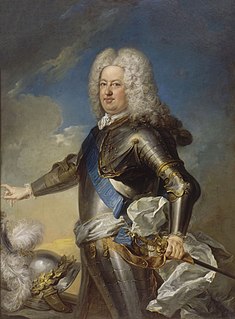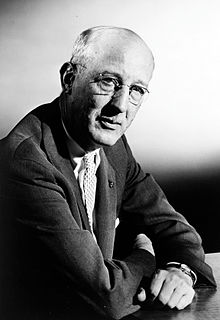A Quote by Ezra Taft Benson
Youth is the spirit of adventure and awakening. It is a time of physical emerging when the body attains the vigor and good health that may ignore the caution of temperance. Youth is a period of timelessness when the horizons of age seem too distant to be noticed.
Related Quotes
Crabbed age and youth cannot live together; Youth is full of pleasure, age is full of care; Youth like summer morn, age like winter weather; Youth like summer brave, age like winter bare. Youth is full sport, age's breath is short; Youth is nimble, age is lame; Youth is hot and bold, age is weak and cold; Youth is wild, age is tame. Age, I do abhor thee; youth, I do adore thee.
Never have I enjoyed youth so thoroughly as I have in my old age. In writing Dialogues in Limbo, The Last Puritan, and now all these descriptions of the friends of my youth and the young friends of my middle age, I have drunk the pleasure of life more pure, more joyful than it ever was when mingled with all the hidden anxieties and little annoyances of actual living. Nothing is inherently and invincibly young except spirit. And spirit can enter a human being perhaps better in the quiet of old age and dwell there more undisturbed than in the turmoil of adventure.
Can man be so age-stricken that no faintest sunshine of his youth may re visit him once a year? It is impossible. The moss on our time-worn mansion brightens into beauty; and the good old pastor, who once dwelt here, renewed his prime and regained his boyhood in the genial breeze of his ninetieth spring. Alas for the worn and heavy soul, if, whether in youth or age, it has outlived its privilege of springtime sprightliness!
Youth is not a time of life - it is a state of mind. It is not a matter of red cheeks, red lips and supple knees. It is a temper of the will; a quality of the imagination; a vigor of the emotions; it is a freshness of the deep springs of life. Youth means a tempermental predominance of courage over timidity, of the appetite for adventure over a life of ease. This often exists in a man of fifty, more than in a boy of twenty. Nobody grows old by merely living a number of years; people grow old by deserting their ideals.
In youth it is the outward aspect of things that most engages us; while in age, thought or reflection is the predominating qualityof the mind. Hence, youth is the time for poetry, and age is more inclined to philosophy. In practical affairs it is the same: a man shapes his resolutions in youth more by the impression that the outward world makes upon him; whereas, when he is old, it is thought that determines his actions.
I do not regret my youth and its beliefs. Up to now, I have wasted my time to live. Youth is the true force, but it is too rarely lucid. Sometimes it has a triumphant liking for what is now, and the pugnacious broadside of paradox may please it. But there is a degree in innovation which they who have not lived very much cannot attain. And yet who knows if the stern greatness of present events will not have educated and aged the generation which to-day forms humanity's effective frontier? Whatever our hope may be, if we did not place it in youth, where should we place it?








































